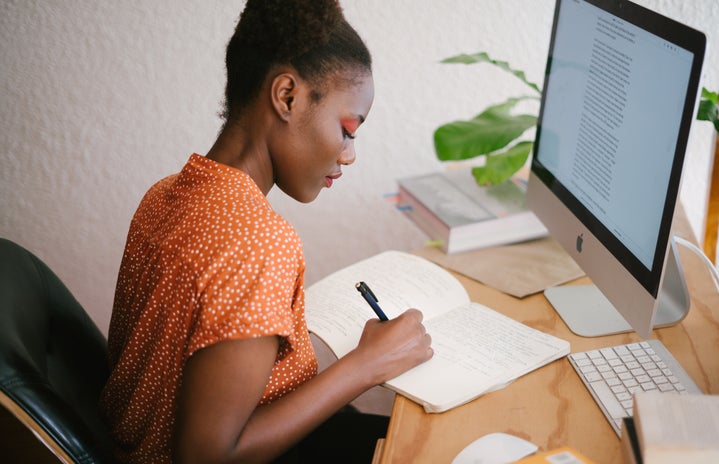Over the past week, I attended a meeting with a professor from FAMU, Dr. Marcia Owens, who
shared her journey as a black woman in STEM. She obtained a BS Biology degree and also a
law degree. I was intrigued as to what led her to pursue what one might consider completely
opposite degrees. She shared accounts of her journey as a black woman who faced adversity
and microaggressions while pursuing a successful career in STEM.
Adversity is to be expected as a black person in America. Adversity is our history. Adversity is our reality. For the black man or woman, everyday is a fight to overcome that adversity. Dr. Owens shared that initially, she
applied for medical school. However, it did not surprise me when she shared that a professor
informed her that she did not get into medical school because the professor she interned for
wrote a mediocre letter of recommendation. Dr. Owens explained that a mediocre letter is much
worse than an unpleasant letter of recommendation. Her counterparts were all accepted into
medical school except for her. Had she asked a professor that would write a favorable letter,
she would have likely been accepted like the rest of the interns. I will not make her rejection a
race issue. However, I will say that too often are overqualified black people overlooked or
robbed of an opportunity because we are not seen as equally competent and worthy. I can
attest to experiencing unfair or unfortunate treatment from both outside and inside my race in
STEM. Often you will find that people simply do not want you to succeed. Even black people will
project the feeling of self-hate on you by robbing you of an opportunity to become more
successful than they were allowed to be because of the hate projected onto them.
Dr. Owens shared that in 2021, less than 8,000 African Americans were accepted into medical school out of
the 90,000 that applied. You must now wonder how many were actually qualified for a seat but
were not accepted because of something as tasteless as a professor writing a lousy letter of
recommendation with the intention of purposely disqualifying that student. Make no mistake in
believing that only 7,711 black students out of 90,000 students were worthy of having a seat.
We as black people are taught that we have to be the best of the best to succeed. This is not
just because the stakes are high for us but because as black people you cannot afford to have
any other shortcomings when your race alone is perceived as a shortcoming. At least then, you
can call it what it really is.
Sometimes trying to be our best just isn’t enough. My grandma told
me while facing my adversities that what God has for you, no man can take away. No matter the
adversity Dr. Owens faced, she remained diligent and ultimately received more education than
she could have ever imagined. One no was followed with many yeses. In my opinion, she also
became more successful not just because of her many impressive accolades but also because
she is opening so many doors in areas where there is little to no representation in non-
traditional STEM careers. She has the knowledge and experience to help others overcome the
adversity that she too faced. Her story taught me not to count rejection as failure but as
motivation to pop never give up. To be black and give up is to give in to the adversity that was
strategically orchestrated for your defeat. With that being said, I do not believe in the concept of
coincidence or chance. It was meant for me during the last semester of my senior year, exactly
one week before taking my Biology department exit exam, 1 year before I pursue to further my
education in a STEM graduate school, and on the last day of black history month to be inspired
by a fellow black woman in STEM!
Romans 8:31 What shall we say to these things? If God be for us, who can be against us?


